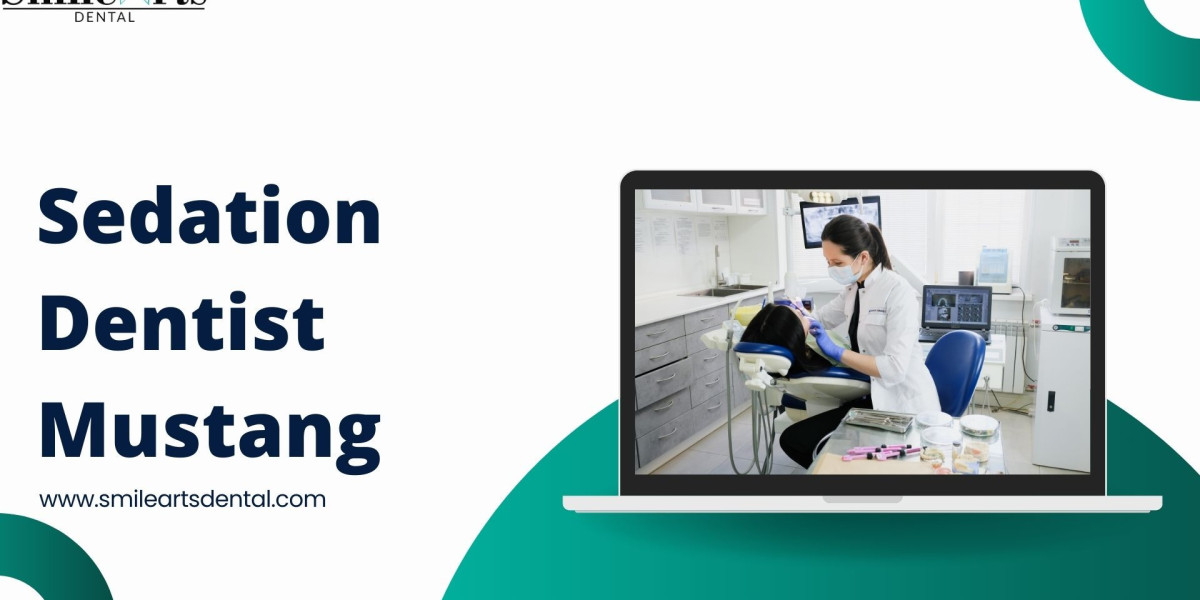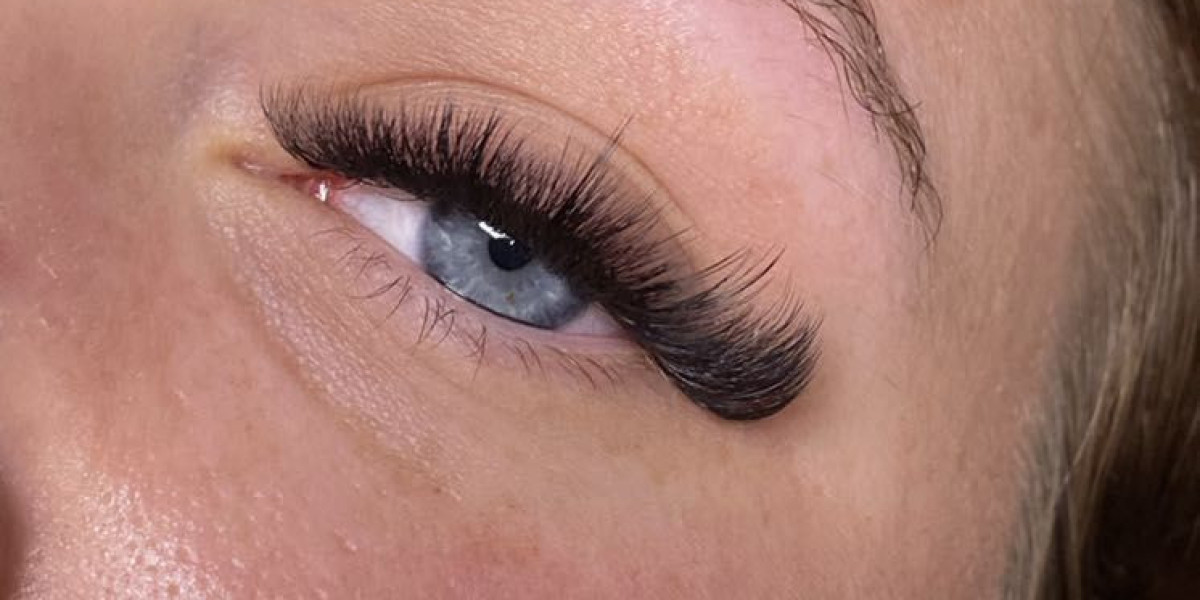Introduction to Sedation Dentistry
Many people experience fear or anxiety when visiting the dentist, leading to avoidance of important dental care. Sedation dentistry offers a solution by providing various levels of sedation to help patients relax during dental procedures.
Types of Sedation in Dentistry
Oral Sedation
Oral sedatives are commonly prescribed pills that are taken before the dental appointment to induce a calming effect.
Nitrous Oxide (Laughing Gas)
Nitrous oxide is a safe and effective gas that is inhaled through a mask during the procedure, providing relaxation without putting patients to sleep.
IV Sedation
Intravenous (IV) sedation involves administering sedatives directly into the bloodstream, allowing for deeper relaxation.
General Anesthesia
General anesthesia is reserved for complex procedures and involves complete unconsciousness under the supervision of an anesthesiologist.
Benefits of Sedation Dentistry
Sedation dentistry helps reduce anxiety, manage pain effectively, and allows dentists to perform multiple procedures in one appointment, saving time for patients.
Who Can Benefit from Sedation Dentistry?
Individuals with dental phobia, strong gag reflexes, or those requiring extensive dental work can greatly benefit from sedation dentistry.
Choosing the Right Sedation Dentist
When selecting a sedation dentist, consider their qualifications, experience, and patient reviews to ensure a safe and comfortable experience.
What to Expect During a Sedation Dentistry Appointment
Before the procedure, patients receive specific instructions, and sedation is carefully administered by trained professionals.
Safety Measures in Sedation Dentistry
Modern sedation techniques include continuous monitoring and emergency protocols to ensure patient safety.
Common Procedures with Sedation Dentistry
Procedures such as root canals, wisdom teeth removal, and dental implants can be performed under sedation for patient comfort.
Risks and Side Effects of Sedation
Though rare, risks include nausea, allergic reactions, and over-sedation, which are minimized through proper monitoring.
Post-Sedation Recovery Tips
After sedation, patients should rest, stay hydrated, and follow prescribed medications for optimal recovery.
Cost Considerations
Insurance coverage for sedation dentistry varies, and dentists may offer payment plans to accommodate patients.
Conclusion
Sedation dentistry is a valuable tool for overcoming dental anxiety and ensuring necessary dental procedures are completed comfortably and efficiently.
FAQs
Is sedation dentistry safe? Yes, when administered by qualified professionals and monitored properly, sedation dentistry is safe.
Will I be unconscious during the procedure? Depending on the type of sedation used, you may be conscious but deeply relaxed, or in some cases, unconscious.
How long does sedation last? The duration of sedation varies based on the type administered and the procedure's length.
What qualifications should a sedation dentist have? A sedation dentist should have advanced training and certifications in sedation techniques.
Can children undergo sedation dentistry? Yes, but it requires careful consideration and specialized pediatric sedation techniques.








